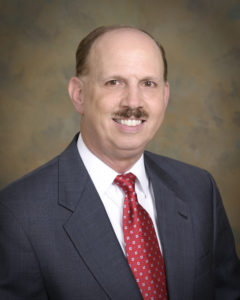Finding a Lawyer Who Takes CPH & Associates Insurance
 By George F. Indest III, J.D., M.P.A., LL.M., Board Certified by The Florida Bar in Health Law
By George F. Indest III, J.D., M.P.A., LL.M., Board Certified by The Florida Bar in Health Law
Our firm often gets calls from nurses and other health professionals who retain us to represent them in complaints against their licenses or in professional licensing complaints and investigations. This includes investigation letters from the Florida Department of Health (DOH), D.C. Health or Louisiana State Board. It also includes notices of hearing, administrative complaints, proposed Consent Orders, emergency restriction orders (EROs), and emergency suspension orders (ESOs). In many cases they had good insurance coverage with CPH & Associates (CPH&A) Insurance, but could not find an attorneys that accepted it or forgot that they had coverage.
Often adverse […]


 By George F. Indest III, J.D., M.P.A., LL.M., Board Certified by The Florida Bar in Health Law
By George F. Indest III, J.D., M.P.A., LL.M., Board Certified by The Florida Bar in Health Law By George F. Indest III, J.D., M.P.A., LL.M., Board Certified by The Florida Bar in Health Law
By George F. Indest III, J.D., M.P.A., LL.M., Board Certified by The Florida Bar in Health Law By George F. Indest III, J.D., M.P.A., LL.M., Board Certified by The Florida Bar in Health Law
By George F. Indest III, J.D., M.P.A., LL.M., Board Certified by The Florida Bar in Health Law By George F. Indest III, J.D., M.P.A., LL.M., Board Certified by The Florida Bar in Health Law
By George F. Indest III, J.D., M.P.A., LL.M., Board Certified by The Florida Bar in Health Law
 By George F. Indest III, J.D., M.P.A., LL.M., Board Certified by The Florida Bar in Health Law
By George F. Indest III, J.D., M.P.A., LL.M., Board Certified by The Florida Bar in Health Law By George F. Indest III, J.D., M.P.A., LL.M., Board Certified by The Florida Bar in
By George F. Indest III, J.D., M.P.A., LL.M., Board Certified by The Florida Bar in  By George F. Indest III, J.D., M.P.A., LL.M., Board Certified by The Florida Bar in Health Law
By George F. Indest III, J.D., M.P.A., LL.M., Board Certified by The Florida Bar in Health Law